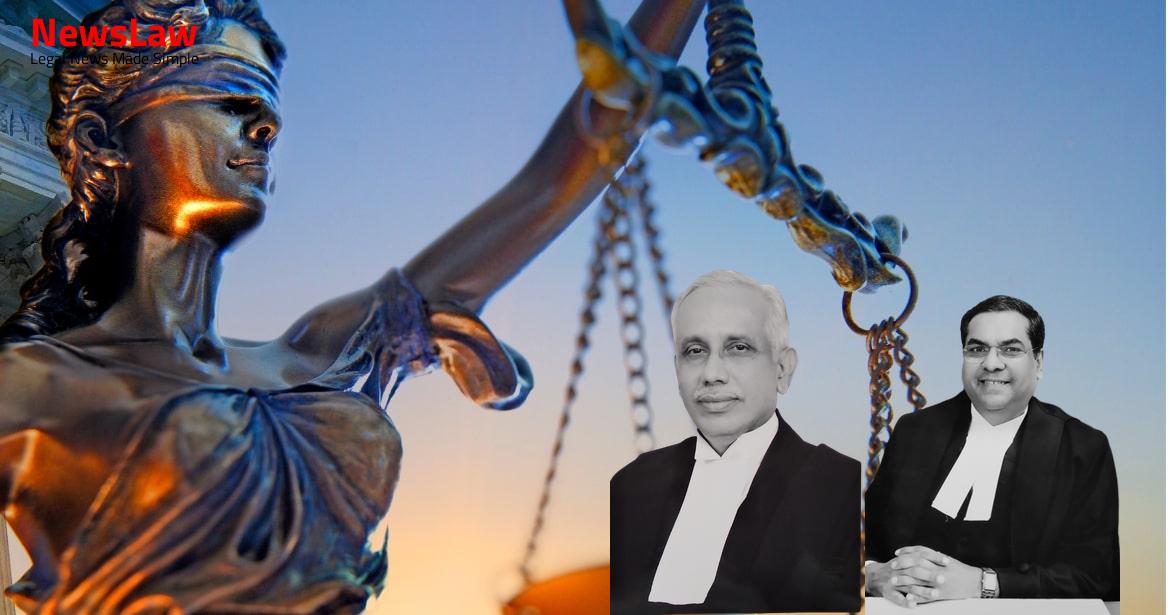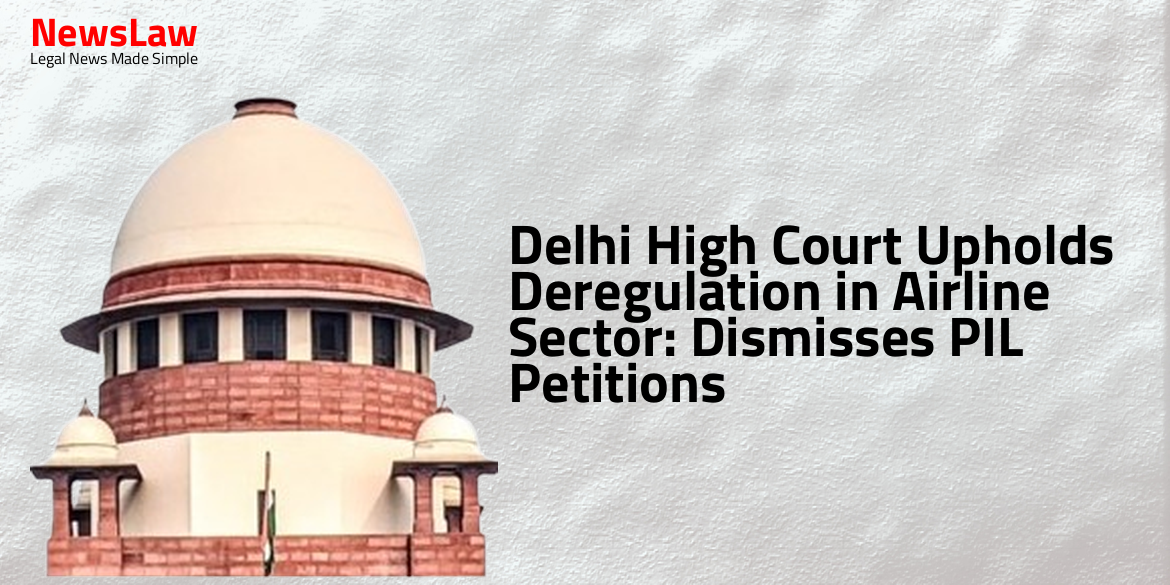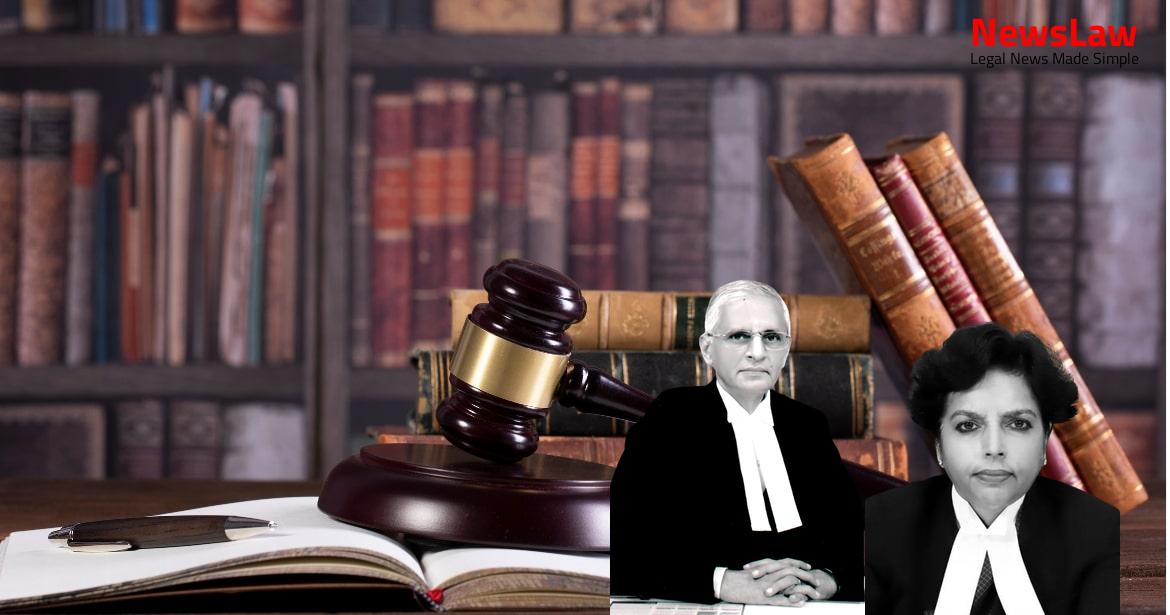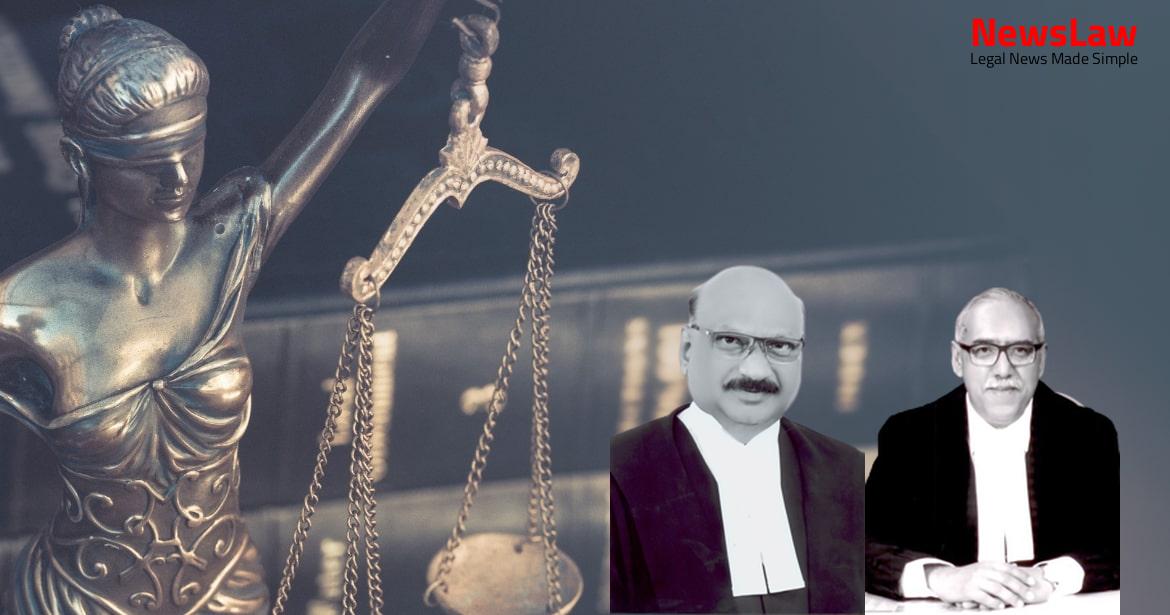In a recent legal case, the court emphasized the significant role of its discretion in document production, ensuring fairness in the legal proceedings. The court’s meticulous legal analysis exemplifies the priority given to upholding justice over technical obstacles. Let’s delve deeper into how the court’s approach underscores the essence of delivering substantial justice in every step of the legal process.
Facts
- The Trial Court dismissed the application for leave to produce additional documents.
- The appeal is against the High Court’s Order dated 19.02.2019, which dismissed the revision petition challenging the refusal to entertain the application under Order 8 Rule 1A(3) of the CPC.
- The High Court, Madurai Bench, dismissed the revision petition filed by the appellants.
- The appellants are the defendants in the suit O.S. No.257 of 2014 while the respondent is the plaintiff.
- During the evidence stage of the suit, the defendants requested permission to submit specific documents.
- The plaintiff’s claim in the suit is related to an injunction against the defendants for allegedly trying to take possession of the property mentioned in the suit.
Also Read: Legal Battle Over Elephant Corridors
Arguments
- The defendant argues that no prejudice would be caused to the plaintiff by the production of certain documents.
- The defendant was unable to produce the documents along with the written statement due to unavoidable circumstances.
- The defendant’s counsel contends that the documents are crucial for a fair determination of the case.
- Defendants not entitled to produce documents as a matter of right, especially after plaintiff’s evidence is concluded
- Mr. S. Mahendran, counsel for plaintiff, supports decisions of lower courts
Also Read: Ensuring Procedural Justice: Blacklisting in Government Tenders
Analysis
- Procedural violations should not hinder the court from delivering substantial justice.
- Defendant must produce documents in his possession along with the written statement.
- Defendant may be granted leave by the court for a valid reason.
- Second opportunity granted to produce documents with the leave of the court.
- Documents not produced with written statement may require court’s permission for admission as evidence.
- Exercise of discretion by the court in granting leave is crucial.
- Failure to file documents with written statement may lead to exclusion as evidence in the suit.
- Original documents must be produced before the settlement of issues.
- Court’s focus should be on doing substantial justice rather than technical obstacles.
- The defendant is required to produce any document upon which relief is claimed or relied upon by him.
- The defendant must enter such document in a list and produce it in court when presenting the written statement.
- If a document is not produced by the defendant as required, it cannot be received as evidence without the leave of the court.
- Exceptions to this rule include documents produced for cross-examination of the plaintiff’s witnesses or handed over to a witness to refresh their memory.
- The courts should have granted leave to produce necessary documents that were missing but later traced.
- Litigation is a journey towards truth which is the foundation of justice.
- Court should take a lenient view when applications are made for production of crucial documents.
- Defendants filed an application with reasons for not producing documents along with the written statement.
Also Read: Analysis of High Court’s Dismissal of Second Appeal
Decision
- The application filed by the defendants before the Principal Sub-Judge, Pudukottai, is allowed.
- The appeal succeeds and is allowed.
- The orders challenged in the appeal are set aside.
- The appeal is allowed as per the reportable signed order.
- Substitution is allowed.
Case Title: SUGANDHI (DEAD) THROUGH LRS. Vs. P. RAJKUMAR REP. BY POWER AGENT IMAMOLI (2020 INSC 593)
Case Number: C.A. No.-003427-003427 / 2020



